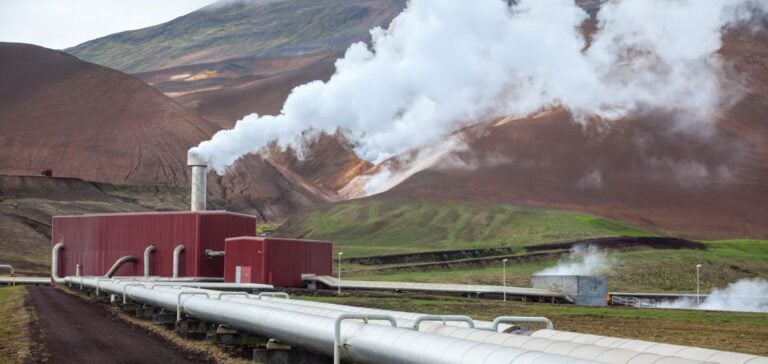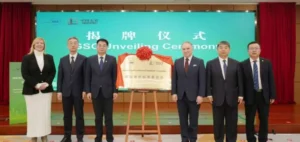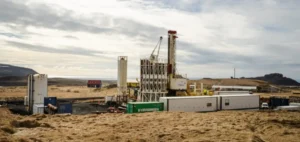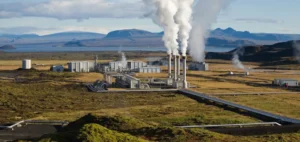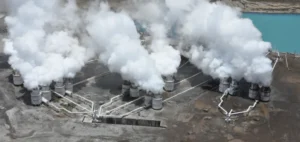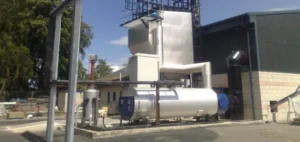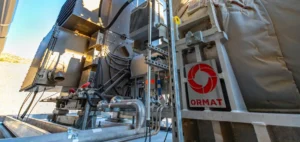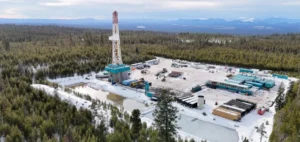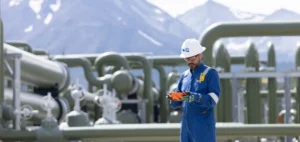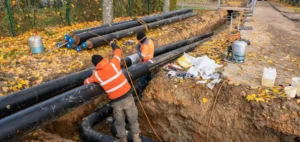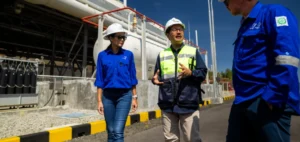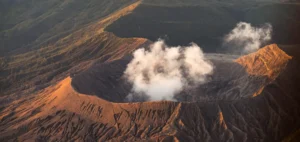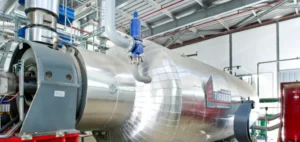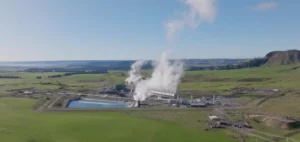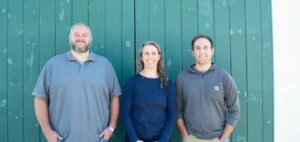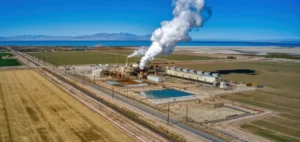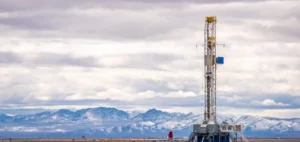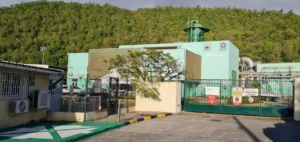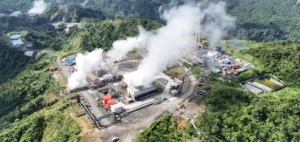A team of researchers at Robert Gordon University (RGU) in Aberdeen, Scotland, is working to install geothermal cooling systems in low-income communities in Kenya. This project, funded by the Scottish Funding Council and the Global Challenges Research Fund with a grant of almost £35,000, aims to reduce heat stress in these communities by using cooler air from underground. Most of the dwellings in these areas are single-storey structures made of iron sheeting, often occupied by up to eight people. The lack of access to electricity and running water exacerbates the heat problem, making traditional cooling methods such as air conditioning or fans impractical.
Heat stress, a growing public health problem due to climate change, poses significant risks in these informal settlements. High temperatures and heat waves increase the severity and frequency of heat stress, affecting the well-being and health of residents. Professor Stephen Vertigans, who is in charge of the project, stressed the importance of implementing such solutions to help people live comfortably and mitigate the adverse effects of heat stress on their health.
The innovative geothermal cooling system
The geothermal cooling system being installed involves a series of underground pipes that bring cooler air from underground into the homes. Researchers will evaluate the effects of these systems on various indicators of heat stress and well-being, including activity levels, heart rate, skin temperature and sleep quality. Participants will also complete questionnaires such as the Heat Strain Score Index (HSSI) and the Warwick-Edinburgh Mental Wellbeing Scale to provide comprehensive data on the impact of the system.Work on the project began in January, with a field visit in March. Installation of the cooling systems is due to start this summer. The project aims not only to alleviate heat stress, but also to improve the overall quality of life for residents in these low-income communities.
A multidisciplinary approach to sustainability
The RGU research team is made up of experts in various fields, including sociology, health sciences, computer science, engineering and architecture. In collaboration with Dr Mark Okowa and Dr Lucy Ogol from Tom Mboya University in Homa Bay, Kenya, the team combines diverse skills to design, implement and evaluate geothermal cooling solutions. Professor Stephen Vertigans emphasized the research team’s unique position in ensuring the successful implementation of the geothermal solution and monitoring its impact. The project highlights the crucial need for innovative solutions in the face of rapid climate change, particularly in some of the world’s poorest regions.
Long-term implications and objectives
This geothermal cooling project is part of RGU’s wider research strategy, focused on positive global impact. By applying collaborative interdisciplinary research expertise, RGU aims to improve quality of life, provide innovative solutions for business and industry, and contribute to global sustainability. The university’s research strategy covers five key themes: inclusive and creative societies; environment, energy and sustainability; health and well-being; living in a digital world; and educational research.


